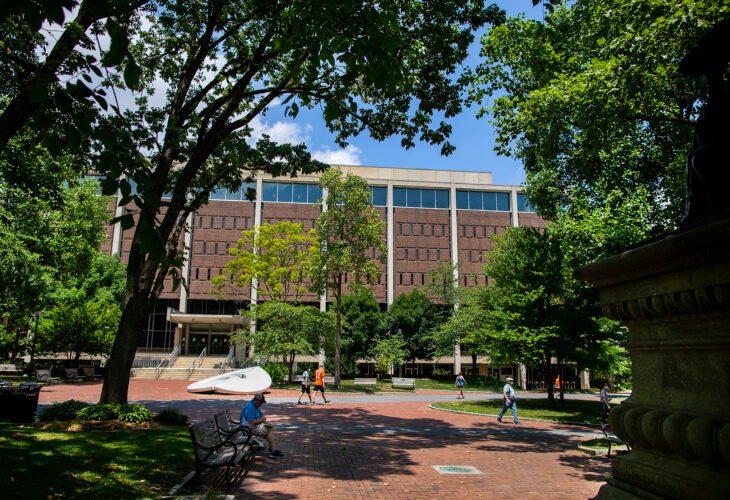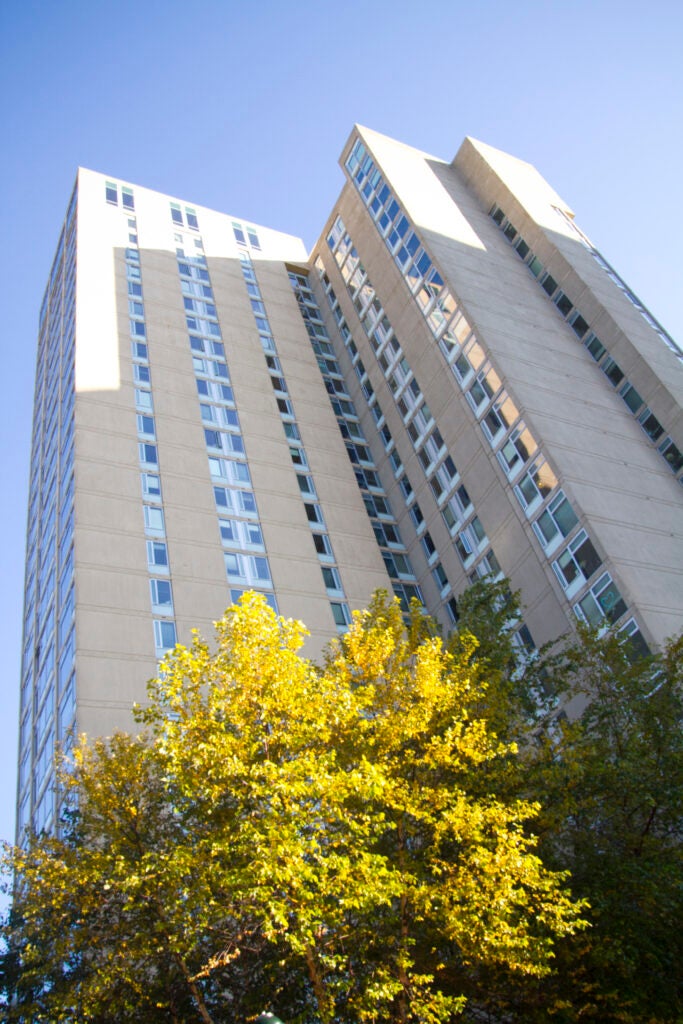You’ve previously stated: “It's important that students are aware of their own roles in history and how we are custodians of the past. But they should also be aware that we're making history as we're living it.” Could you talk about how you think the Wikipedia assignment models this for students?
There are a couple of ways.
First, when we do articles about things that have a relevance to Penn, students will often realize that they know the places that are being described. For example, in Iranian American history or Penn’s history, one of the people who may come up is Gaylord Harnwell, a nuclear physicist who became president of Penn and who helped to establish a new university in Iran called Shiraz University. A lot of our freshman students live in Harnwell Tower, the building named after Gaylord Harnwell. So then when you realize that you're doing a history and you've lived in the building named after the person that you're writing about, you think, oh my gosh, I know that person!
Another way is this—in the four or five years now that I've been writing articles, I've started to tell students – and there's scholarship on this as well – about how Wikipedia around the world and in different domains shapes discourses.
One of the first articles we published was about a woman named Helen Corey who just passed away at over a hundred years old. She was a Syrian American cookbook author. She was somebody who should have had an article years ago, and we wrote an article from scratch. Within a year, a feature appeared on her, which is now online on the state of Indiana website. It turns out that she was an elected official in a town in Indiana; she belonged to the Arab American community of Indiana. And I think it must be the influence of our article—somebody must have Googled her and came up with our Wikipedia article and saw that she was important.
What makes me convinced that the author of this article on the Indiana website saw our Wikipedia page for her is that their feature replicates some of the language that I suggested using when I was talking to the students. I suggested calling her a “culinary diplomat,” which nobody had done before. People are starting to talk about culinary diplomacy as a field now, but to my knowledge no one had written about this woman before while using that particular phrase. And then I saw this article on the state of Indiana website.
Scholarship shows that Wikipedia articles are having a growing influence on public discourses. For students, that scholarship offers convincing evidence of their impact and involvement in making history. We are, by the very fact of what we're doing, selecting what is important.




